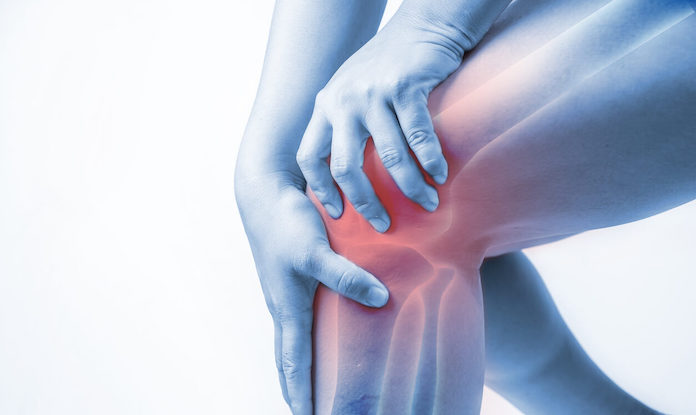A recent systematic review and meta-analysis were conducted to assess the effectiveness of neurophysiological pain education in patients with symptomatic knee osteoarthritis, focusing on pain-related variables. The review followed PRISMA guidelines, selecting only randomized controlled trials for patients aged 18 and older. The included interventions ranged from 1 to 10 sessions of neurophysiological pain education, either alone or combined with exercise, joint mobilizations, or self-management programs.
The meta-analysis included seven studies and showed significant improvements in pain (MD = -0.49; 95% CI = -0.66 to -0.32; p < 0.001) and catastrophization (MD = -1.81; 95% CI = -3.31 to -0.3; p = 0.02) for the intervention group compared to control groups. The findings suggest that neurophysiological pain education, whether alone or in combination with other interventions, significantly reduces pain and catastrophization in patients with symptomatic knee osteoarthritis. These results provide valuable insights for clinicians in managing knee osteoarthritis, highlighting the benefits of incorporating pain education into treatment plans.
Reference: Lesmond I, Calvache-Mateo A, Heredia-Ciuró A, et al. Neurophysiological pain education for patients with symptomatic knee osteoarthritis: A systematic review and meta-analysis. Patient Educ Couns. 2024 Mar;120:108128. doi: 10.1016/j.pec.2023.108128. Epub 2023 Dec 23. PMID: 38147773.









